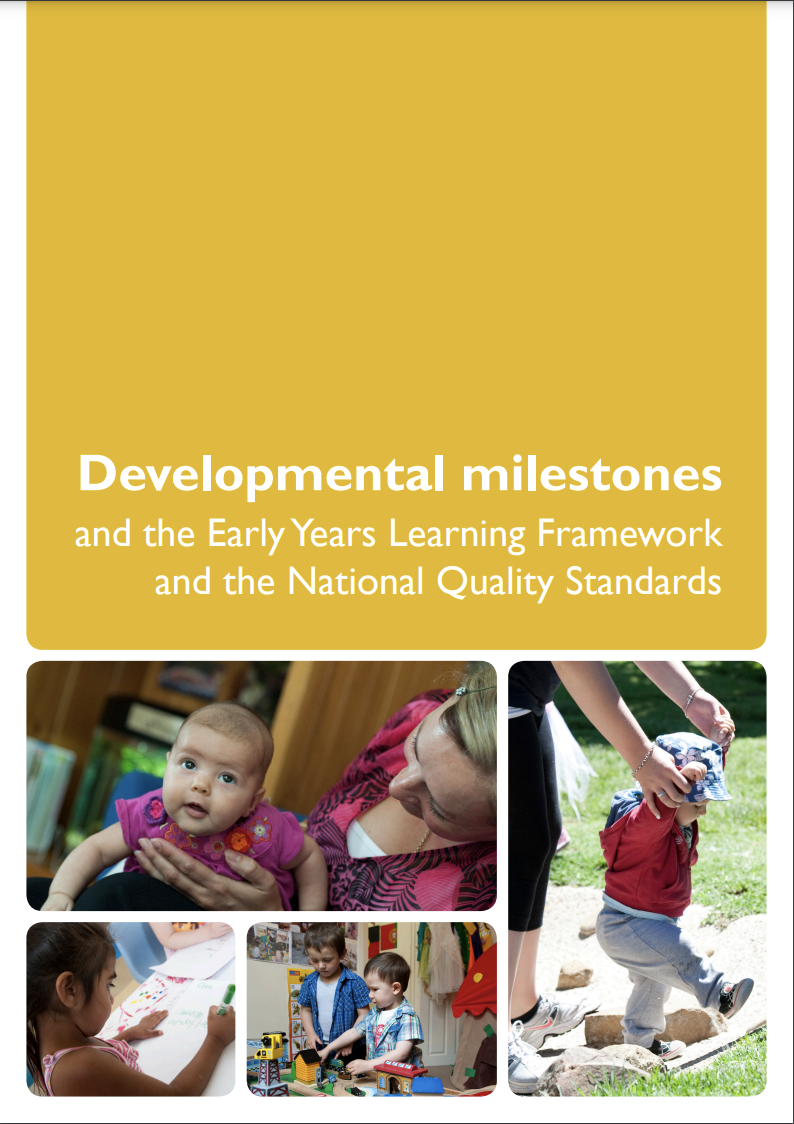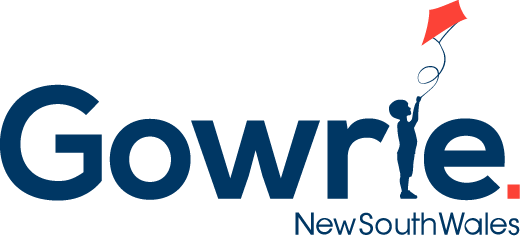KEY COMPETENCY 3.1 – PROMOTE INCLUSION
“I will advocate for children and families to ensure their needs and rights are met, empowering them to self-advocate where possible, while considering, balancing, and respecting the autonomy of the child and family.”
Advocacy is the first competency under the ‘Promote Inclusion’ Way of Working, and relates to the ‘design and delivery of services and supports‘ phase of the child’s early developmental support journey. It is important for:
Empowering Families: Advocacy equips families with the knowledge and tools needed to navigate the NDIS system, ensuring their child’s needs are met effectively.
Promoting Rights: Practitioners who advocate for children help uphold their rights, ensuring they receive the necessary supports and services to thrive.
Building Partnerships: Effective advocacy fosters collaboration between families and service providers, enhancing communication and shared goals for the child’s development.
Driving Change: Advocacy efforts can lead to systemic improvements in services and supports, benefiting not just individual families but the broader community of children with disabilities.
Advocacy ensures that children and families’ rights, needs, and voices are heard and respected. By advocating, practitioners actively support families in navigating complex systems, helping them access resources and services that will aid their child’s development. It is essential for practitioners to empower families to advocate for themselves, fostering long-term resilience and self-reliance.
Research highlights the importance of advocacy in promoting equitable access to early childhood services, particularly for families from marginalised communities. Advocacy builds a bridge between families and the necessary resources, ensuring that children’s needs are consistently prioritised.
Research and Further Reading:
Odom, S. L., Horner, R. H., & Snell, M. E. (2010). Handbook of developmental disabilities. Guilford Press.
Smith, G. T., & Gold, S. (2020). Advocacy in early childhood education: Supporting children’s rights. Routledge..
COMPETENCY MILESTONES

I am able to:
Demonstrate my ability to be fully present and compassionate in interactions.
Understand the importance of active listening and empathy.
Apply these skills consistently in practice by acknowledging emotions and showing genuine interest.

I am able to:
Develop strategies to enhance engagement and participation of diverse stakeholders in decision- making processes.
Empower individuals and families to advocate for their needs and access community resources.
Collaborate with community partners to create opportunities for social inclusion and engagement.
Implement practical approaches to encourage children and families to advocate for their needs in various situations while balancing their autonomy.
Utilise various therapy models and resources flexibly to support children and families based on their specific needs and contexts.

I am able to:
Lead engagement strategies, fostering a culture of participation anempowerment within the organisation.
Design and implement initiatives that promote self-advocacy and leadership among children with developmental delays, difference or disability, with their families and carers.
Advocate for inclusive practices and policies that enhance engagement and empowerment outcomes.
Support individuals in using advanced self-advocacy techniques, ensuring their rights and needs are effectively communicated while respecting their autonomy.
Integrate multiple therapy models and resources into practice, tailoring approaches to fit the unique needs of each child and family.

I am able to:
Seek to improve engagement frameworks and practices, enhancing participation and social connection outcomes.
Influence sector-wide policies and practices to promote meaningful engagement and empowerment.
Collaborate with children, families and carers to co-create solutions and initiatives that enable children to engage meaningful ways more often.
Develop and implement comprehensive advocacy strategies that balance the needs of children and families with respect for their autonomy, ensuring that decisions are made in collaboration with them.
Combine various therapy models and resources to develop comprehensive, flexible strategies that empower children and families in diverse situations.
Reflection questions are a valuable tool for practitioners, promoting self-awareness, critical thinking, continuous improvement, and stronger relationships in their work with children and families. Below are some reflection questions for Key Competency 3.1: Advocacy:
Am I helping families access resources and services that meet their needs?
AAm I encouraging families to advocate for their child’s rights?
How can I better support families in advocating for themselves?

Developmental milestones and the Early Years Learning Framework and the National Quality Standards

A parent guide by Developmental Disability WA & Early Childhood Intervention Australia (2019) to help get the best out of early childhood therapy support for children with disability, developmental delay, or neurodivergence.

A practical resource from Growrie NSW ‘Thought Leadership’ tols and resources, supporting the importance of observation in the early years.

National Scientific Council on the Developing Child (2007). The Timing and Quality of Early Experiences Combine to Shape Brain Architecture: Working Paper #5.
Advocacy empowers families to take charge of their child’s development journey, ensuring their needs and rights are always respected.
(Odom et al., 2010, p. 35).
Access more information on the ChildKind Best Practice Framework with its 10 Ways of Working, 30 Key Competencies and 8 supporting Values and Behaviours here:
